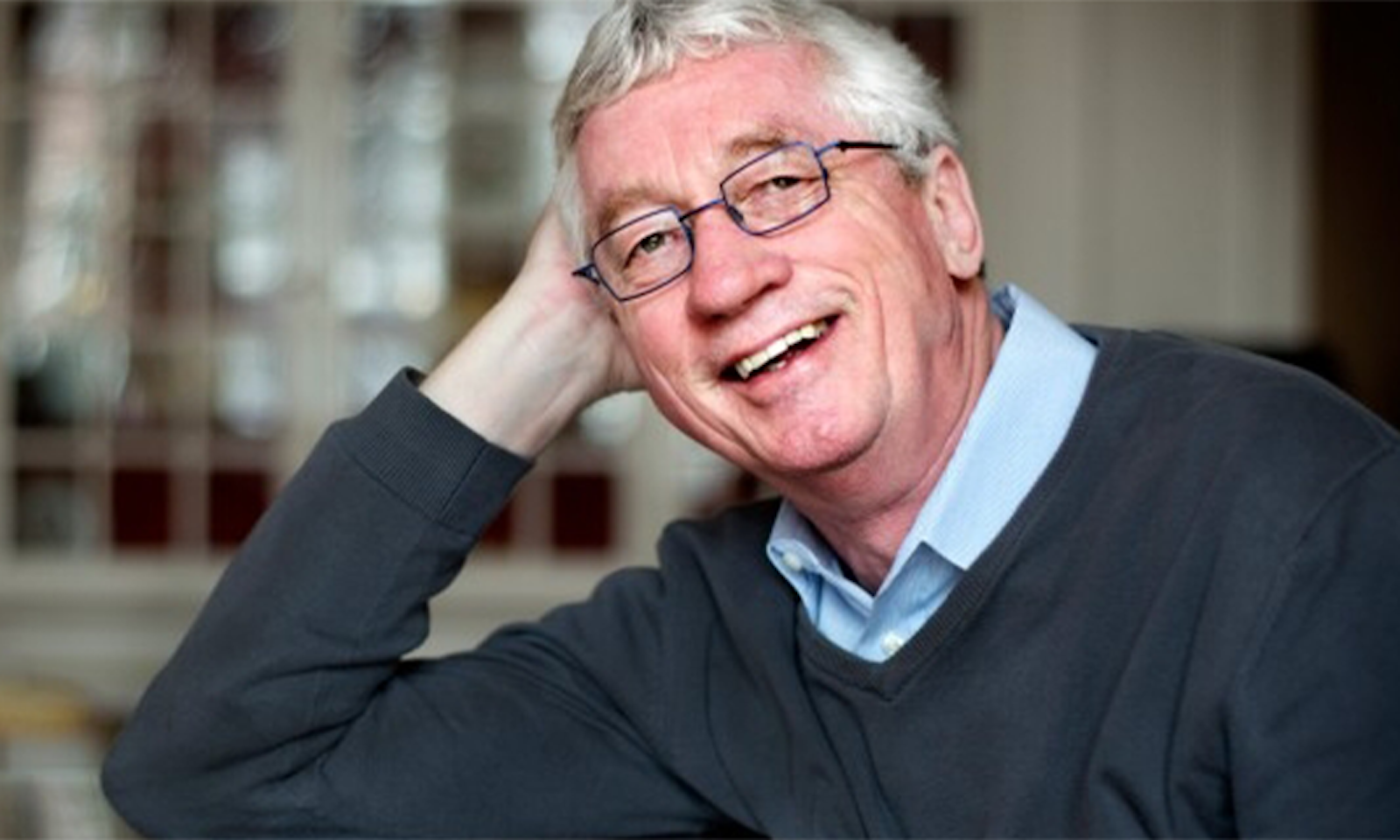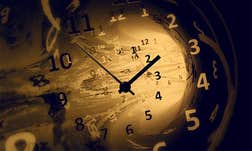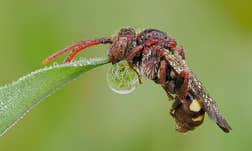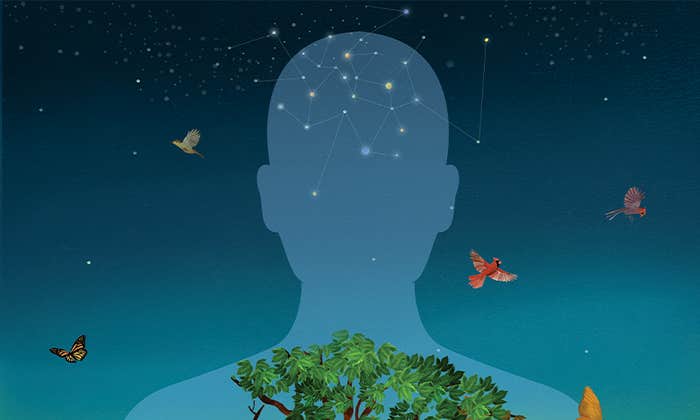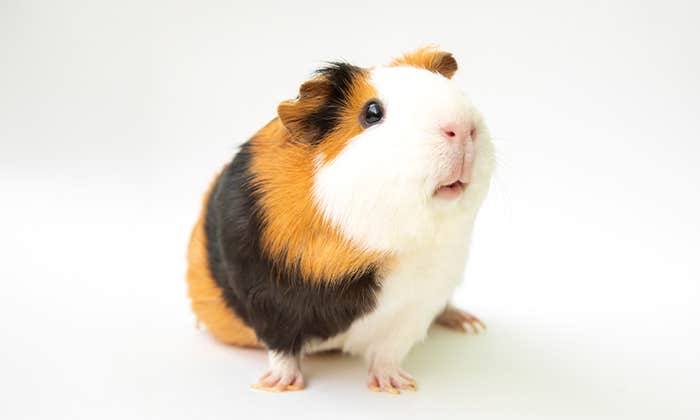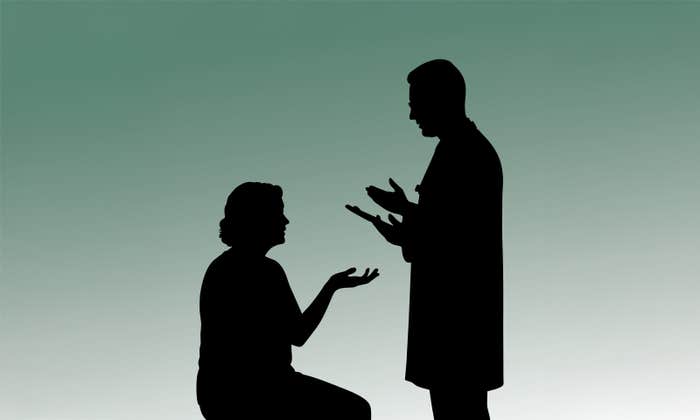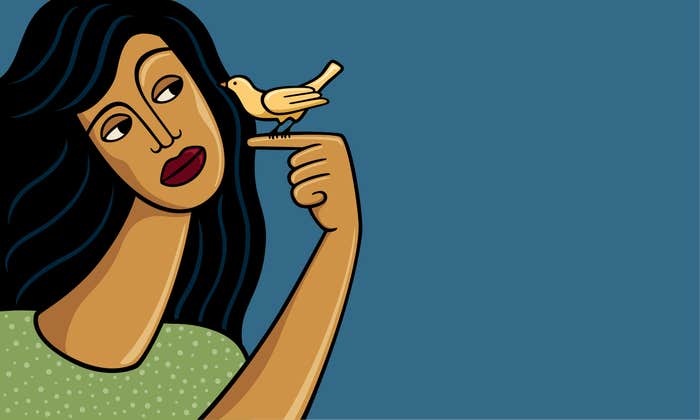When Frans de Waal was a psychology student at Nijmegen University (renamed in 2004 to Radboud University), in the Netherlands, he was tasked with looking after the department’s resident chimpanzees—Koos and Nozem. De Waal couldn’t help but notice how his charges became sexually aroused in the presence of his fellow female students. So, one day, de Waal decided to don a skirt, a pair of heels, and speak “in a high-pitched voice” to test their response. The chimps remained resolutely unstimulated by de Waal’s drag act, leading the young scientist to conclude there must be more to primate sexual discrimination than previously thought.
De Waal died from stomach cancer on March 14 at his home in Georgia. He was 75.
One of de Waal’s first forays into scientific experimentation demonstrates the playful curiosity and taboo-busting that underscored his extraordinary career as a primatologist. He was the recipient of numerous high-profile awards from the prestigious E.O. Wilson Literary Science Award to the Ig Nobel Prize—a satirical honor for research that makes people laugh and think. De Waal won the latter, with equal pride, for co-authoring a paper on chimpanzees’ tendency to recognize bums better than faces.
He devoted his career to closing the gap between non-human primates and us.
It was this combination of humor, compassion, and iconoclastic thinking that drew me to his work. I first met him through his popular writing. The acclaimed primatologist was author of hundreds of peer-reviewed academic papers, but he was also that rare genius who could translate the complexities of his research into a highly digestible form, readily devoured by the masses. He was the author of 16 books, translated into over 20 languages. His public lectures were laced with deadpan humor, and a joy to attend. He saw no tension between being taken seriously as a pioneering scientist and hosting a Facebook page devoted to posting funny animal content.
De Waal just loved watching animals. He was, by his own admission, a born naturalist. Growing up in a small town in southern Netherlands, he’d bred stickleback fish and raised jackdaw birds. So, it was only natural he’d wind up scrutinizing animal behavior for a career. What set de Waal’s observations apart was his ability to do so with fresh eyes. Where others could only see what they expected to see, de Waal managed to study primates outside of the accepted paradigms of the time.
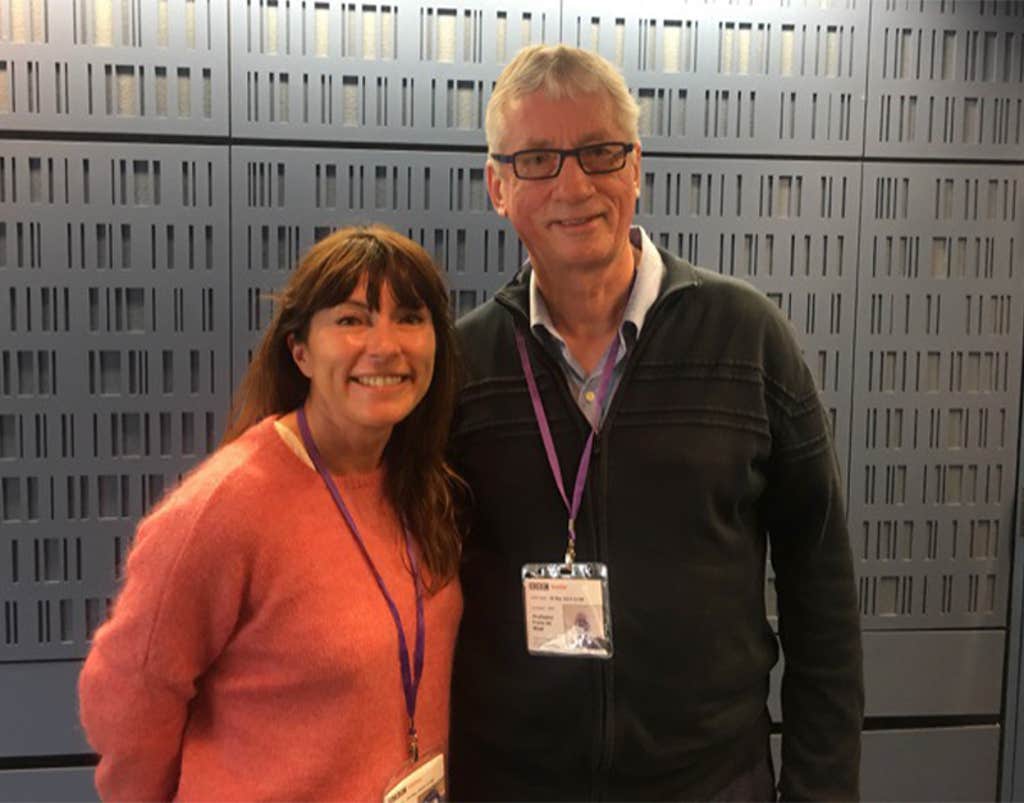
At university in the 1960s, de Waal was taught classic Skinnerian behaviorism—that animals don’t have emotions or mental states. This baffled him. He instinctively rejected human exceptionalism in favor of our continuum with animals. This was neatly demonstrated in his first academic study, published in 1979, which documented (previously unknown) reconciliation and consolation behaviors he’d observed at a colony of chimpanzees in Arnhem Zoo.
In those days, masculine dominance and fighting was all ethologists could talk about. During the six years de Waal spent observing the Arnhem chimps, he saw beyond the claustrophobic archetype of nature “red in tooth and claw.” Outside the dramatic power struggles de Waal noticed how, for most of the time, the chimps managed to maintain peaceful relations. He developed theories about how formalized dominance—in the shape of elaborate greetings involving much bowing and scraping—clarified the hierarchy without the need for aggression, thereby facilitating bonding and cooperation between males.
At Arnhem, de Waal acquired a lifelong interest in reciprocal altruism and the role of empathy in primate life. He went on to devote his career to closing the gap between non-human primates and us through radical observations and innovative experiments. These he had the foresight to film long before it was standard practice, allowing their results to percolate into popular culture.
I first met de Waal in 2018 while presenting a documentary series for BBC Radio 4. I was already a firm fan and remember being somewhat starry eyed when confronted with this towering figure in both senses (he was around 6’4”). I was researching Bitch: On the Female of the Species, my book about the misogynistic stereotyping of female animals, and keen to talk to the primatologist about his work on the bonobo.
De Waal described the bonobo as “a gift to the feminist movement.” Whereas chimpanzee society is patriarchal and warlike, the bonobo, an equally close relative to humans, is matriarchal and peaceful. In bonobo colonies, diminutive females can dominate males by forming an allied, if unrelated, sisterhood that’s forged and maintained through ecstatic same sex frottage—one way to overthrow the patriarchy.
“Many anthropologists are reluctant to embrace the bonobo because it’s too peaceful, female-dominated, and sexy, and they don’t know what to do with the sexiness,” he told me.
It turned out de Waal was writing Different: What Apes Can Teach Us About Gender—a book that covered some similar ground to mine. The two books were released around the same time in 2022, and often reviewed together. Instead of viewing this upstart as competition however, de Waal recommended Bitch as one of his books of the year and announced gleefully that “our books are married” the next time we met. I could not have been more honored for my Bitch to have such an illustrious feminist scientist as her literary husband.
De Waal showed us that as primates we have the potential to be anything.
The last time we spoke was in October of last year over Zoom. He told me he was having chemotherapy for stomach cancer. I felt a sinking feeling in my own stomach: The giant Dutchman looked frail. He was as avuncular as ever, however, and I felt more grateful than usual for the privilege of his wise counsel.
We talked about the theme of my next book, which looks at how masculinity has been pigeonholed by competition and aggression. When I asked him why these stereotypes persist, he said, “I think people project their own ideologies onto nature, and then extract them again. They use nature to justify how they think because the word natural is so powerful.”
The same could be said, of course, about de Waal. “All scientists are culturally biased, even those who believe they are not,” he admitted. He acknowledged how his worldview was shaped by growing up in a country which places more emphasis on tolerance than confrontation. This opened his eyes to see primate behavior beyond the blunt tool of “survival of the fittest.”
Then there was his nature—compassionate, playful, and curious—that shone through his science. De Waal’s radical reframing of primate lives illustrated their plasticity and social complexity. After the dark ages of determinism, when animals were considered little more than automatons propelled by selfish genes, de Waal’s empathetic stance offered us hope by showing us that as primates we have the potential to be anything. Never has that message seemed more necessary. ![]()
Lead image courtesy of KMUW















